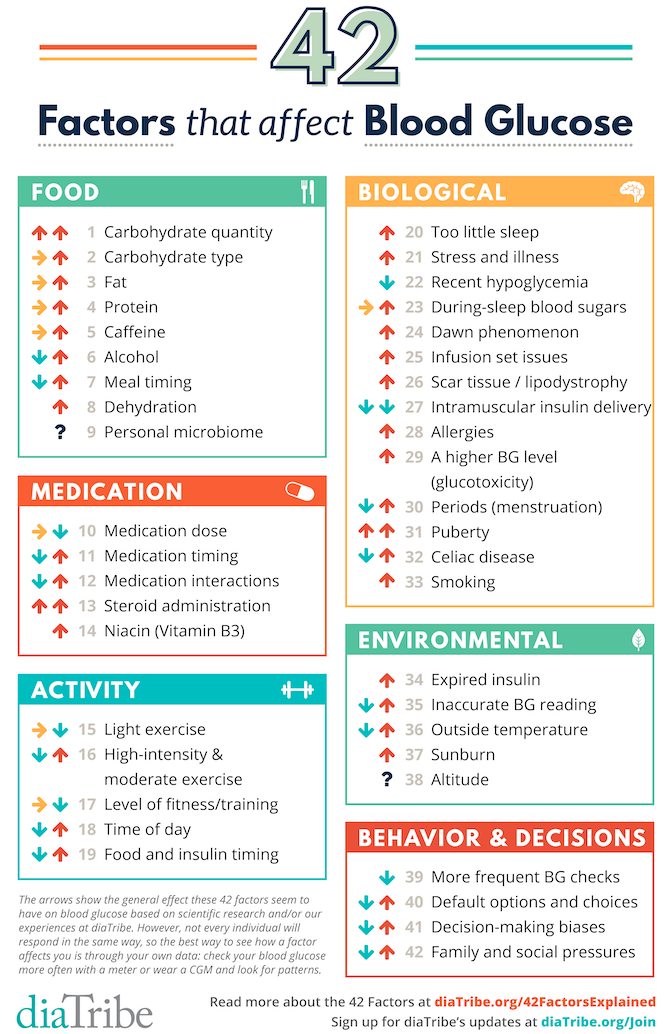How do protein, fat and carbs affect my blood sugar levels?
Carbohydrates have recently been unjustly vilified with many people being scared to eat carbs and promoting the Keto diet. While carbohydrates directly impact our blood sugars, they are necessary and vital for our health. Yes, even for people with diabetes.
There are 3 macronutrients in our diet – proteins, fat and carbohydrates. Out of these 3 macronutrients, carbohydrates (also known as starches and sugars) have the most effect on our blood sugar levels. Protein and fat do not affect blood sugar directly, but they do play a role in diabetes management. Lets take a deeper look into all 3 of the macronutrients:
Carbohydrates
There are 2 types of carbohydrates – simple and complex. Simple carbohydrates (such as raw sugar, juice, etc) are those that do not require a lot to be broken down into digestible parts. These types of carbs usually cause a fast and high spike in our blood sugar. This is why most Registered Dietitians recommend pairing simple carbohydrates (and actually all carbohydrates) with a protein or a fat source. The addition of a protein or fat slows down the digestion of the carbohydrate because they these macronutrients require different enzymes for their breakdown.
Complex carbohydrates (whole grains, fiber rich fruits and vegetables, beans) take more time to be digested (because of the starch and fiber content), therefore causing a slower rise in blood sugar, which is preferable in the management of diabetes.
Protein
Protein has a minimal effect on blood glucose levels if there is adequate insulin. In people who don't have diabetes, higher levels of amino acids signal the pancreas to produce the hormones glucagon and insulin. Insulin stimulates your muscle cells to take up amino acids, and glucagon causes your liver to release stored sugar. As a result, blood sugar levels remain stable after protein consumption.
However, with insulin deficiency (as in those with Type 1 diabetes, and with those that have had type 2 diabetes for a long time), the pancreas still secretes glucagon when amino acids appear in the blood. When there is no insulin to balance the glucagon, blood sugar levels rise as the liver releases stored sugar.
Some individuals have found that if their diabetes is well controlled, large amounts of protein have the potential to contribute to glucose production, minimally increase blood glucose levels, and require additional small amounts of insulin.
Fat
Fat has little, if any, effect on blood glucose levels, although a high fat intake does appear to contribute to insulin resistance (which would require more insulin). Many individuals on insulin pumps have seen this happen, where a high fat meal causes delayed hyperglycemia (high blood sugar) 3–5 hours after eating and they need additional insulin delivered over several hours.
If you thinking about adjusting your insulin requirements on your own, talk to your Certified Diabetes Educator first. The goal is to have a balanced consumption of foods that come from all 3 macronutrient categories. The food that you eat is just one factor which influences your blood sugar level. Check out this visual from DiaTribe that explains the 42 different factors that influence blood sugar !


